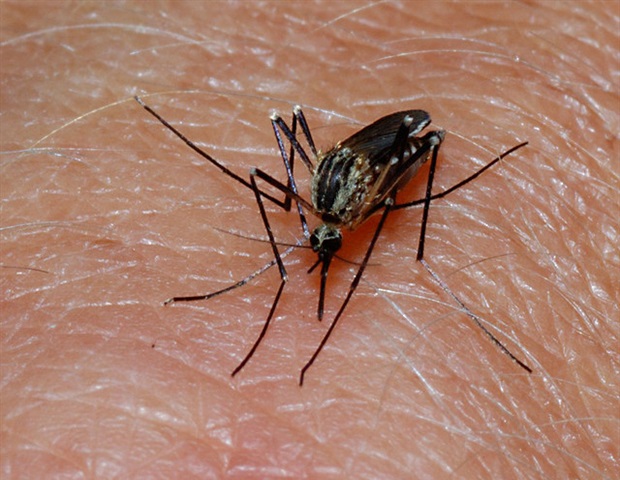Brazilian scientists have identified a molecule, BamazScplp1, in Amazonian scorpion venom that effectively kills breast cancer cells in early tests....
Vous n'êtes pas connecté
 - KNOWRIDGE.COM - A La Une - 30/08/2024 10:18
- KNOWRIDGE.COM - A La Une - 30/08/2024 10:18
Scientists discover how the body’s killer cells target cancer
In a promising new development, scientists have uncovered how the body’s natural killer cells, a crucial part of our immune system, can recognize and attack cancer cells. This discovery could lead to groundbreaking, less invasive cancer treatments in the future. The study, led by researchers from the University of Southampton and involving experts from around […]
Articles similaires
Researchers uncover how RNA modifications evade immune detection
The innate immune system is the body's first line of defense against pathogens and foreign substances. An essential component of this system are...
COVID-19 protein triggers immune attacks on healthy cells — but a common drug can stop it
Scientists have uncovered a stealthy tactic used by the SARS-CoV-2 virus: one of its proteins can leap from infected cells to healthy ones,...
COVID-19 protein triggers immune attacks on healthy cells — but a common drug can stop it
Scientists have uncovered a stealthy tactic used by the SARS-CoV-2 virus: one of its proteins can leap from infected cells to healthy ones,...
Blocking key immune cells could make prostate cancer treatable
Scientists have revealed how certain immune cells may be quietly helping prostate cancer grow - and how blocking them could help the body fight back.
Researchers uncover surprising role of ‘natural killer’ cells in resistance to cancer immunotherapy
Melanoma, one of the deadliest forms of skin cancer, affects an estimated 330,000 people worldwide each year and causes nearly 60,000 deaths...
Researchers uncover surprising role of ‘natural killer’ cells in resistance to cancer immunotherapy
Melanoma, one of the deadliest forms of skin cancer, affects an estimated 330,000 people worldwide each year and causes nearly 60,000 deaths...
Scientists find how to reset brain’s cleanup cells to treat Alzheimer’s
A recent breakthrough by scientists at the University of California, San Francisco, offers a fresh and promising path toward treating Alzheimer’s...
Malaria protein plays dual role in immune evasion and activation
Researchers from The University of Osaka find that a protein expressed on malaria-infected red blood cells both hides it from the immune system and...
New strategy enhances immunotherapy effectiveness against glioblastoma by utilizing gut microbes
Advanced treatments, known as immunotherapies that activate T cells—our body's immune cells—to eliminate cancer cells, have shown limited efficacy...
أحدث الإصدارات
-
Aucun élément






